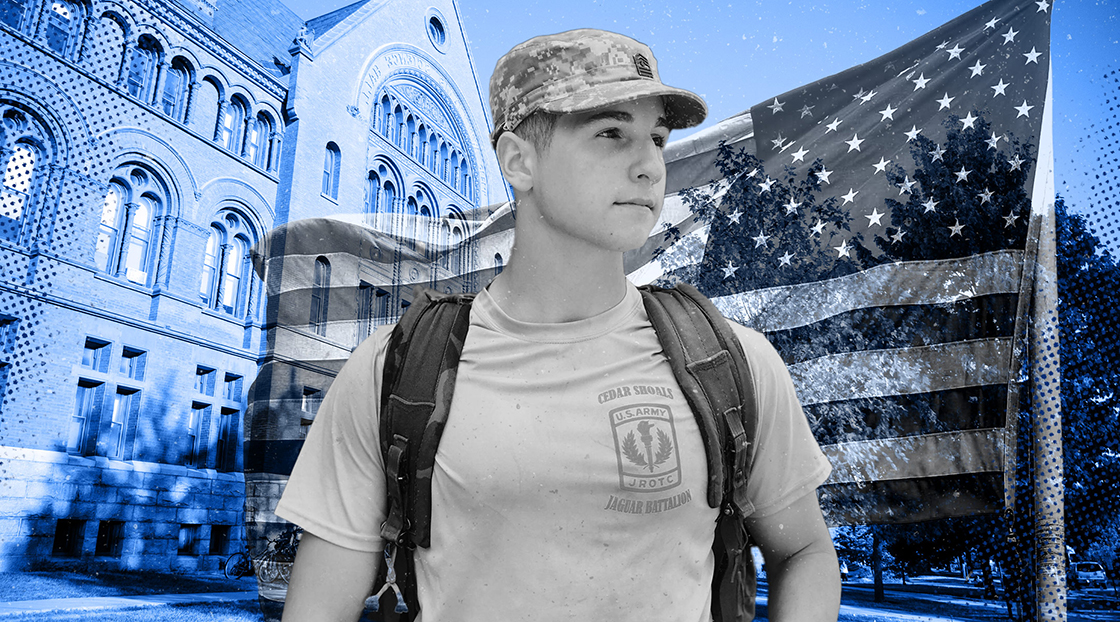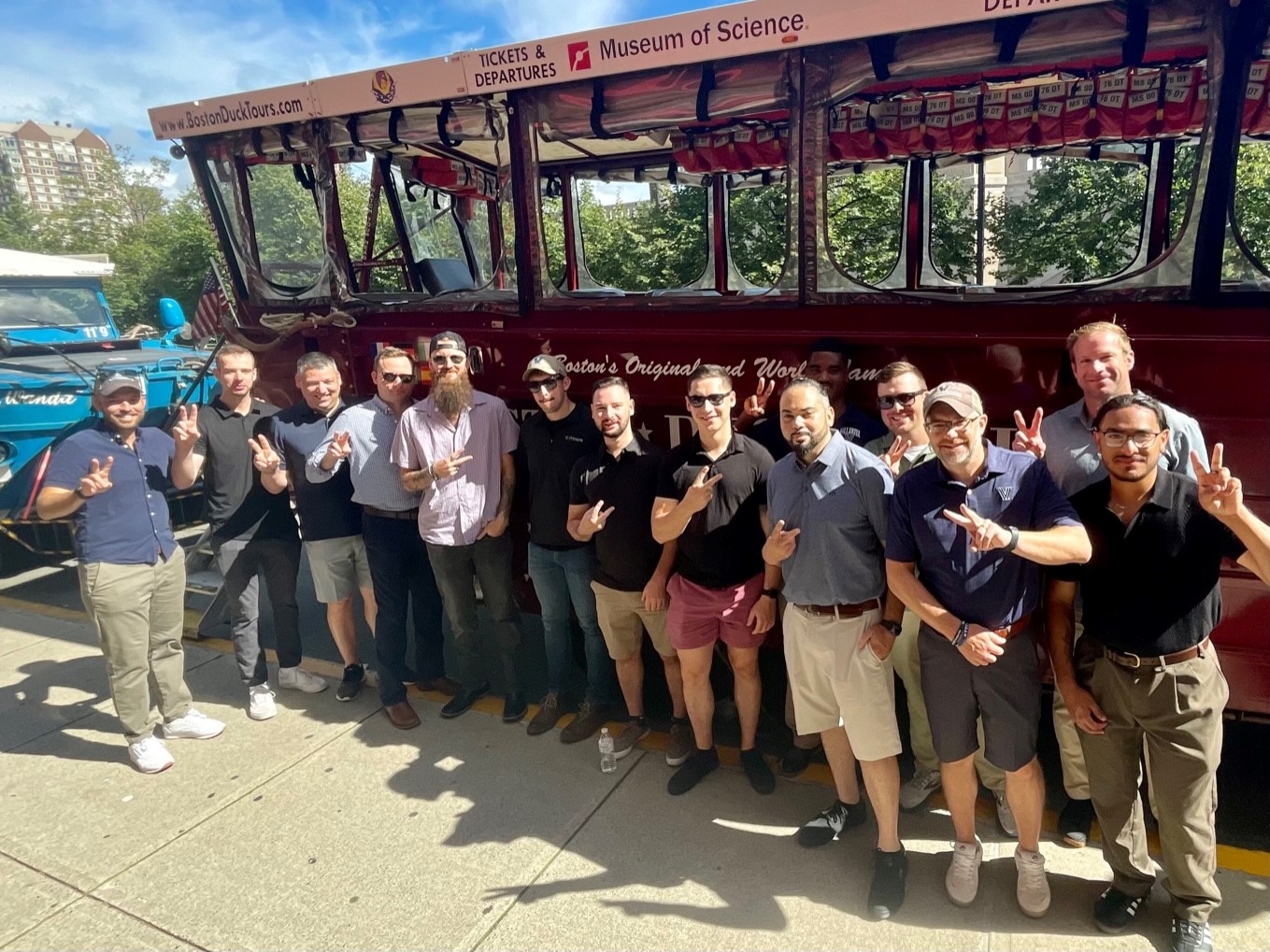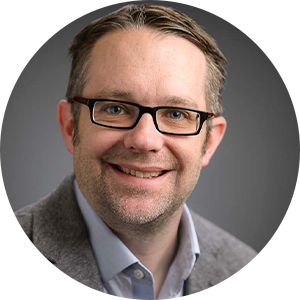Support Matters
The next veteran I sat down with was Jeff, an Army veteran from Texas. Jeff came to Villanova after spending time at a community college. He is studying computer science and is interested in a career in artificial intelligence.
Jeff spends his time at the Prince Family Veterans Center reading, catching up on homework and socializing with other student veterans on campus. During our discussion, I asked him similar questions, including what his biggest surprise had been so far.
“The most significant surprise thus far in my college education at Villanova as a non-traditional student veteran has been the great community and support in the Veterans Resource Center,” said Jeff. “It has supplied me with a place to study, get answers to questions from people who can relate to my situation as a vet and camaraderie with fellow veterans.”
Next, we talked about how Villanova has either helped or hindered his career search and goals.
“Villanova has helped form my career goals with abundant resources, including help with resumes, job fairs with top-performing companies, networking, internships and undergraduate research programs,” said Jeff. “I feel a sense of support around the community to help in endeavors to be successful.”
As I mentioned earlier, Jeff, like Hunter, is not originally from the era, so gaining networking and career advice has helped him sort out his next steps. The last question I asked Jeff was about being a Villanovan.
“Being a Villanovan to me means a new journey,” said Jeff. “ It is a new journey with the opportunity to advance through education while surrounded by a community that embraces the motto ‘Veritas, Unitas, Caritas’ — truth, unity, and love.”
You can see by the way they both answered the last question that we care about our community here at Villanova. That struck me because I feel the same way as an employee.
These two are great examples of students who are thriving here on campus and thriving as Villanovans. Student veterans have a lot on their plates, and many of them are full-time students who are also balancing work families, and other responsibilities. I hope that I have shed some light on the life of a student veteran, and the journeys that they are on as they transition to new careers.





